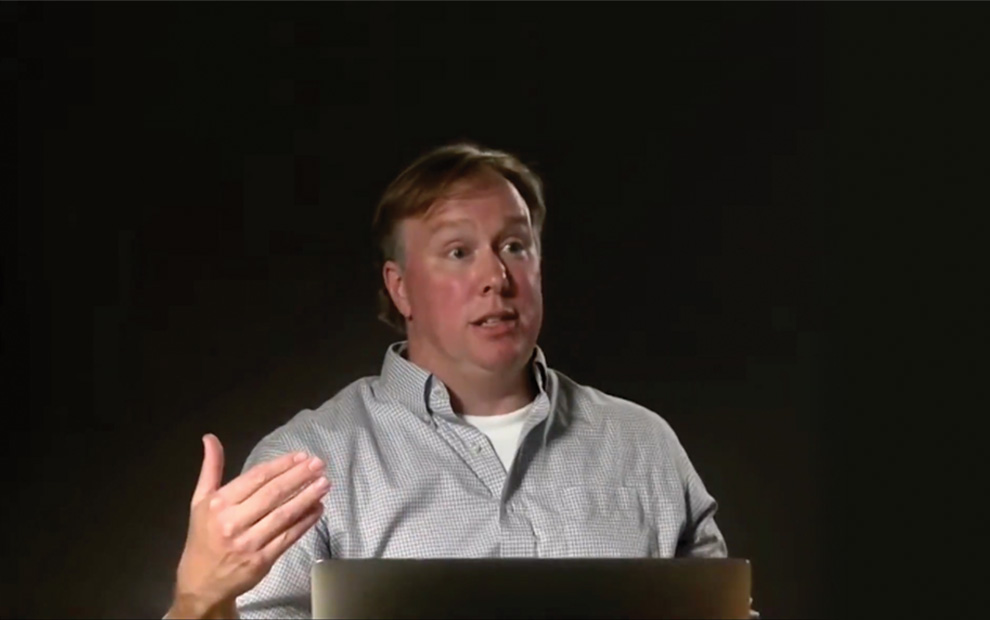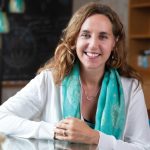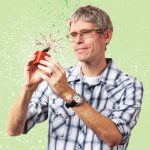On May 5, Assistant Professor Edward Stites spoke as a physician-scientist in a public talk titled “Mutants, Bad Influences, Loners and Cancer”. Stites presented his computational approaches for determining why cancer patients respond differently to cancer treatment, and the unexpected ways in which mutations in our cells caused by cancer can determine whether or not a cancer patient responds to treatment.
Power of Science: determining how cancer patients respond to treatment

























































